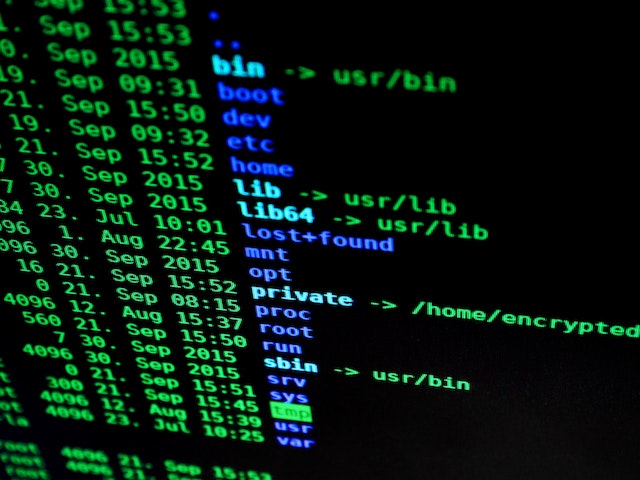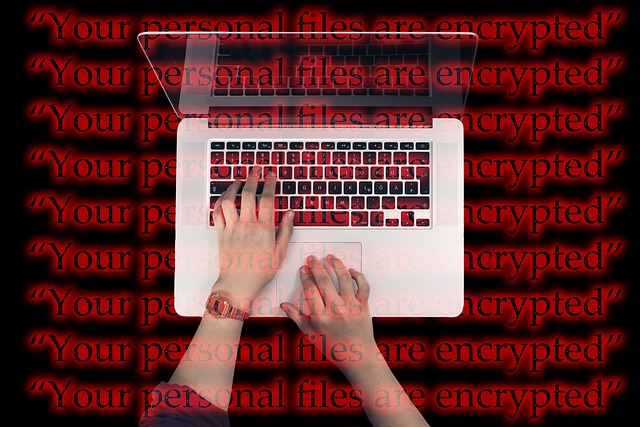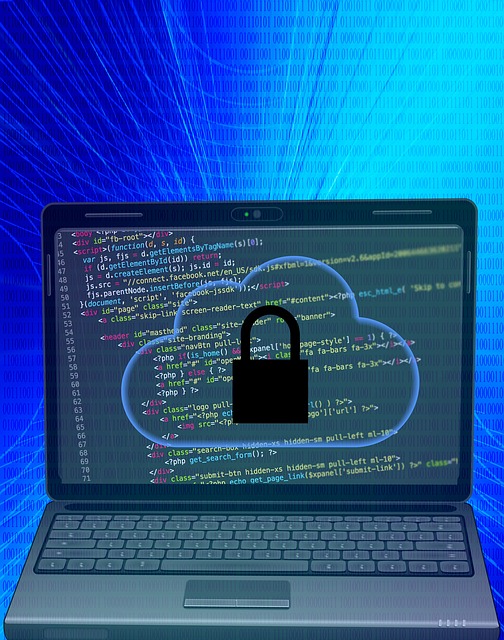Data encryption is the most effective method for protecting valuable data. However, it is often seen as ineffective. The reason for this is the common nature of cryptography-related human errors. All the faulty settings result in crypto attacks, and new vulnerabilities are constantly being discovered that may be used to do even more harm. Spreading knowledge on preventing a few frequent crypto blunders is important since cryptography is vital to information security.
The implementation of data encryption and its algorithm has several crucial advantages. The following are examples of some:
- The cost of encryption is low enough to Implement
Encoding technology is built into everything we use, from phones to computers to apps. Smartphones are typically equipped with several different encoding choices by default, and there are many encoding apps available for free download.
- Encryption will keep prohibitive fines at bay.
The extremely sensitive data need not be encrypted using CRYPTOGRAPHY to comply with regulations like the General Data Protection Regulation (GDPR), but there must be “security measures and safeguards” in place to protect the personal data of the data subjects (presuming they are EU citizens). Encrypting highly sensitive information is necessary to comply with laws requiring its secrecy, such as the Health Insurance Portability and Accountability Act of 1996 (HIPAA). Therefore, the entity responsible for the information might be exposed to sanctions if a portable device or drive holding unencrypted ePHI is lost or stolen.
- Encryption will make it easier to protect Remote Staff.
Eighty-six percent of C-suite executives feel that the risk of a data breach is increased when employees work remotely, according to a survey by Shredit. This isn’t necessarily shocking, given that many remote workers keep highly sensitive information on their own devices and that companies often impose little control on how this data is viewed or shared.
Data security company Imation found that “2 in 5 respondents aforementioned, either they or anyone they grasp, had misplaced or had stolen a tool throughout a public area,” and many people still don’t encrypt their devices. Again, all secret and highly classified material should be encrypted, and remote employees should utilize virtual private networks (VPN) to prevent cyber thieves from collecting unprotected public Wi-Fi connections and disseminating malware.
- Encryption will improve the security of our sensitive information.
As our highly secret material is always changing, even victimization encoding cannot ensure its security when at rest; thus, we routinely check the validity of our backups. Moreover, thanks to digital signatures, we can ensure the security of our top-secret data even as it’s being sent. Intercepting communications and modifying the material might be difficult for hackers since the receiver may easily verify any changes.
- Encryption will enhance customer trust
In the past, we established that encoding is a manageable limitation for many businesses. However, encoding may be required for companies to earn consumers’ confidence. According to a new poll, a majority of internet users (53%) report being more concerned about their online privacy now than they were a year ago. Given the current decline in trust, it may be advantageous to market the fact that your company adheres to strict encoding norms.



